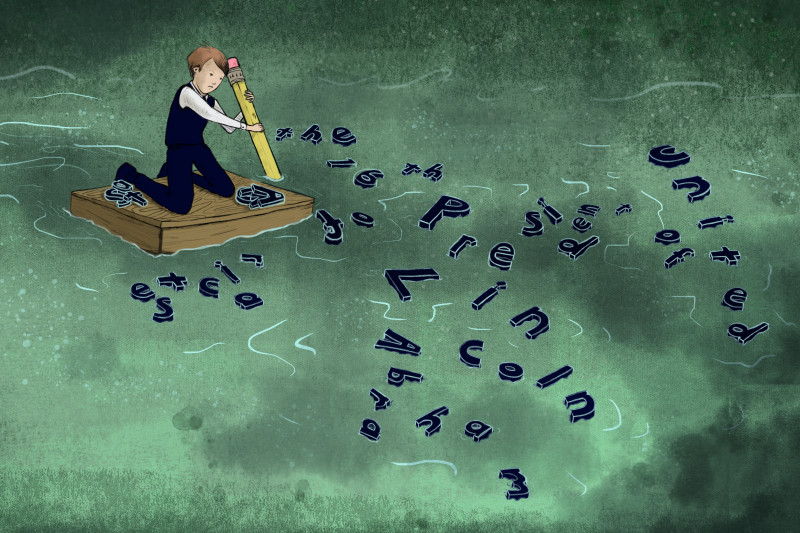Are you a pen-clicker? A hair-twirler? A knee-bouncer? Did you ever get in trouble for fidgeting in class? Don't hang your head in shame. All that movement may be helping you think.
A new study suggests that for children with attention disorders, hyperactive movements meant better performance on a task that requires concentration. The researchers gave a small group of boys, ages 8 to 12, a sequence of random letters and numbers. Their job: Repeat back the numbers in order, plus the last letter in the bunch. All the while, the kids were sitting in a swiveling chair.
For the subjects diagnosed with attention deficit hyperactivity disorder, or ADHD, moving and spinning in the chair were correlated with better performance. For typically developing kids, however, it was the opposite: The more they moved, the worse they did on the task.
Dustin Sarver at the University of Mississippi Medical Center is the lead author of this study. ADHD is his field, and he has a theory as to why fidgeting helps these kids.
"We think that part of the reason is that when they're moving more they're increasing their alertness."



9(MDAxOTAwOTE4MDEyMTkxMDAzNjczZDljZA004))